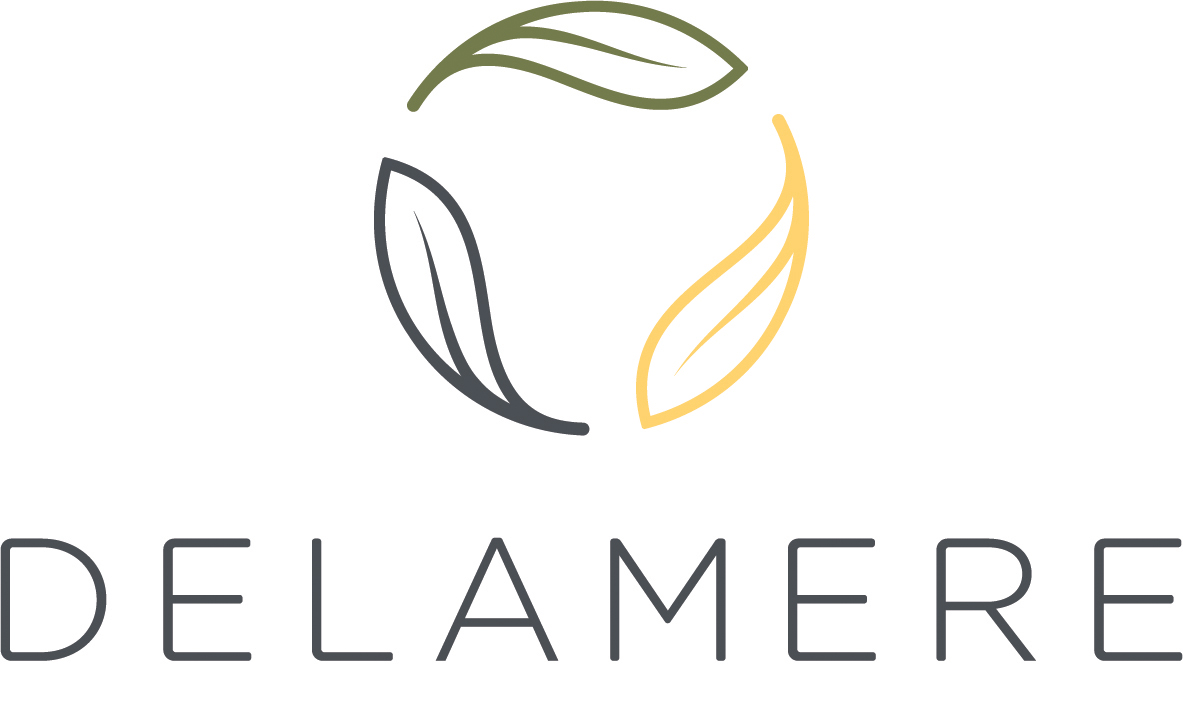Recovery from addiction is possible. However hopeless, entrenched or extreme an addiction seems, people in similar circumstances have recovered and you can follow their example.
With the right treatment and care, there is life after addiction for everyone. There is always hope.
Achieving recovery, however, is not easy. The process will take longer for some than others and there are well documented stages of change in addiction recovery as well as stages of addiction denial.
Becoming familiar with some of the models and theories of addiction stages is a valuable support to effective treatment.

The Jellinek Curve
The Jellinek Curve has become a highly regarded and influential tool in addiction science and recovery.
It takes its name from its original creator E Morton Jellinek, an American biostatistician and physiologist and one of the first people to adopt the belief that alcoholism is a disease and that sufferers are ill and should be treated as such. The curve’s origins date to the 1950s.
Later the curve was added to by addiction treatment pioneer German born psychiatrist Max Glatt, who practised primarily in Britain and shared some of Jellinek’s core beliefs. Glatt, who became a fundamental figure in British addiction treatment, is also credited as responsible for the change in attitude and approach toward alcoholics.
The Jellinek Curve is a chart that depicts stages of addiction and recovery that are common. It shows a progression of addiction and illness, plunging sufferers toward the bottom of a u-shaped bend, followed by the rise and improvement that can be experienced through recovery.
The curve is a perfect visual representation of the Delamere ethos of growing beyond addiction.
The stages of addiction recovery
The downward trajectory of the Jellinek Curve details the decline into alcoholism.
At the tip is occasional relief drinking and the slide through feelings of guilt, urgency of first drinks, constant remorse, grandiose and aggressive behaviour, deliberate isolation and avoidance of loved ones into the onset of lengthy intoxications and exhaustion of alibis.
At the base of the Jellinek u-shape is a loop which signifies the vicious circle of obsessive drinking that afflict those in the firm grip of alcoholism.
Significantly, the curve shows the ability for recovery, for change, for improvement and a different future.
The upward trajectory of the u-shape begins with a desire for change, acceptance and understanding of addiction, moves through abstinence and into hope, confidence of loved ones and colleagues then progresses to healthy sleep and eating habits into a state of increased tolerance and stability.
Outcomes of addiction treatment
Even the early outcomes of work by Jellinek Curve curve contributor Max Glatt indicated the positive outcomes possible for alcoholics.
Glatt first encountered alcoholics during his time as a psychiatrist at Warlingham Park Hospital, in Surrey, according to a Telegraph obituary. There he realised many of the people in his care were intelligent and employed in contrast to the prevailing stereotype of drinkers being down and outs. Glatt recognised that his patients wanted to stop abusing alcohol but did not know how.
Glatt trialled group therapy, which was in its early conception at the time, the Telegraph said. In a study in 1955, it was found of 77 patients treated at Warlingham Park, 39 had no further drink problems and 22 had suffered only one relapse.
Warlingham Park became the first NHS alcoholism treatment unit and prototype for many more.

Call us confidentially at any time to speak to a member of our team.
Call us now: 0330 111 2015
Addiction recovery statistics
With squeezed budgets and resources, the number of people in NHS-funded alcohol treatment has been falling in recent years, despite need being as high as ever. It is estimated only one in five of the people in England who need alcohol treatment are receiving it.
Treatment success rates for alcoholics, who do not have dependency issues with any other substances, are the highest reported – at 61% even in stretched NHS settings, according to Public Health England’s most recent figures. Of all those who entered NHS alcohol and drug treatment in 2017-2018, about half completed treatment free from dependence.
Recovery is possible – we’ve seen it, we live it and we support it.
Who will you find in addiction treatment?
The average age of people in NHS alcohol treatment, in 2017-2018, was 46 and 60% were male, according to a Public Health England report.
While 40% of people in alcohol treatment are women, females are thought only to represent 28% of those with problematic drinking. Almost 12% of alcohol-only clients were aged 60 or over.
The most prevalent age group for treatment of alcohol and drug addiction (excluding opiates), was 30-34 years old, the report said.
Five stages of addiction recovery
Jellinek also produced a study called ‘the phases of alcohol’ in which he chartered the progression through alcoholism.
There were four stages of alcoholism according to Jellinek’s original papers. The ‘recovery’ phase was added later to make five.
The stages are:
Pre-alcoholic: where there are drink-related warning signs – drinking for comfort or escape
Early alcoholic: where drink is causing problems such as memory black outs, guilt, denial
Mid-stage: There may be physical signs of alcohol abuse and consequences start to emerge, such as missing work or failing to meet responsibilities
Late alcoholic: Alcoholism has taken over and health and relationships are obviously impacted
Recovery: The crucial stage and achievable stage. However bad things have become, people can detox, benefit from treatment and move forward without being controlled by alcohol and addiction.
Stages of Change model
The five stages of addiction some people refer to may also relate to Prochaska and DiClemente’s Stages of Change model, which was originally created in relation to smoking cessation. It can be applied to other types of addiction recovery and change.
It assumes that, while the timeframes may vary, people need to go through the same steps to achieve change.
It consists of:
Precontemplation: Where someone is yet to identify their behaviour as problematic
Contemplation: The person recognises a problem and is considering change
Preparation: Some attempts are being made to change – successful or otherwise
Action: Changes are happening
Maintenance: Behaviour has changed and the new behaviour (such as sobriety) is being maintained. There is a general acceptance that within this stage there may be some relapse moments, from which it is also possible to recover.
Neither relapse nor addiction chaos need to be permanent.
Delamere can help you to recover from addiction. Contact us today if you want to find out more about our services.

Call us confidentially at any time to speak to a member of our team.
Call us now: 0330 111 2015








